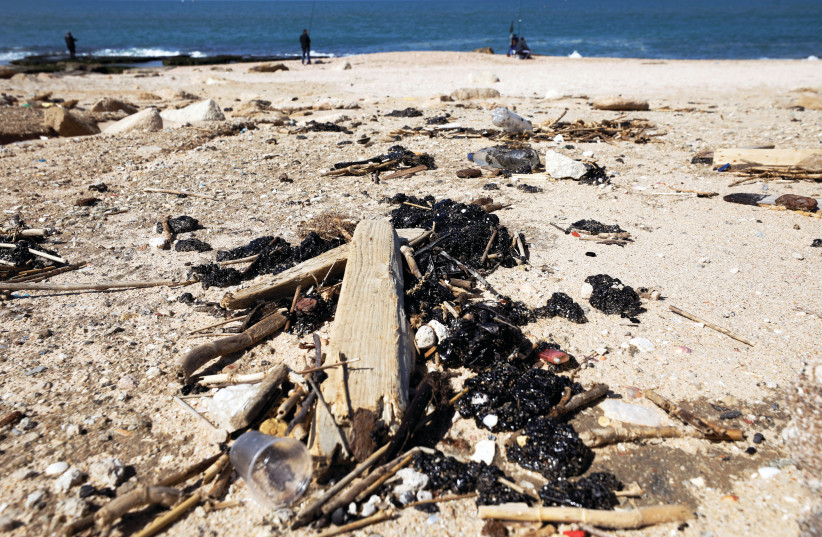Hong Kong has committed to invest about $31 billion (240b. Hong Kong dollars) in the next 15 to 20 years in climate change mitigation and adaptation – and Israel is hoping to be a part of the drive.
According to Amir Lati, Israel’s consul-general in Hong Kong since 2021, Israeli and local leaders began discussing their country’s carbon neutrality targets and climate change policies in February.
“We intend to see how Israeli companies in relevant fields can be part of Hong Kong’s general agenda on combating climate change,” Lati told The Jerusalem Post. For the first time, Israeli companies in the field will attend a related event at the AsiaWorld-Expo later this year.
“As the area of climate change gets more and more attention worldwide, the Foreign Ministry is putting a lot of importance on the matter from an angle of foreign exchange and regional cooperation. There is always the added value of Israeli tech.”
Consul General Amir Lati
Lati said that there are several potential areas for collaboration: sharing professional knowledge, reducing greenhouse gas emissions, carbon neutrality, urban biological diversity, how to combat temperature increase in urban areas, managing nature reserves and the preservation of endangered species.
He noted that Israel has a growing number of companies working on climate and environmental technologies, food tech and energy, “which are all technologies we want to promote here.”
A report published last year by the Israel Innovation Authority and PLANETech said there were some 700 climate-tech startups in Israel. Lati said his consulate is working on introducing companies from the field to relevant partners in Hong Kong.

Hong Kong awoke to the potential impact of climate change on the country following the 2018 Super Typhoon Mangkhut, which uprooted more than 1,000 trees, left hundreds injured and caused a reported $3.77 billion in damages.
Lati said that local environmentalists have warned of rising sea and temperature levels.
He added that as Hong Kong adopts new policies, Israel could also begin to learn from the country, which has committed to reducing carbon intensity by as much as 70% by 2030 compared to 2005.
Israel is behind in hitting its carbon-neutral targets, according to a recent report by the Environmental Protection Ministry. Israel has yet to pass a climate law.
The Environment and Climate Change portal is produced in cooperation with the Goldman Sonnenfeldt School of Sustainability and Climate Change at Ben-Gurion University of the Negev. The Jerusalem Post maintains all editorial decisions related to the content.
